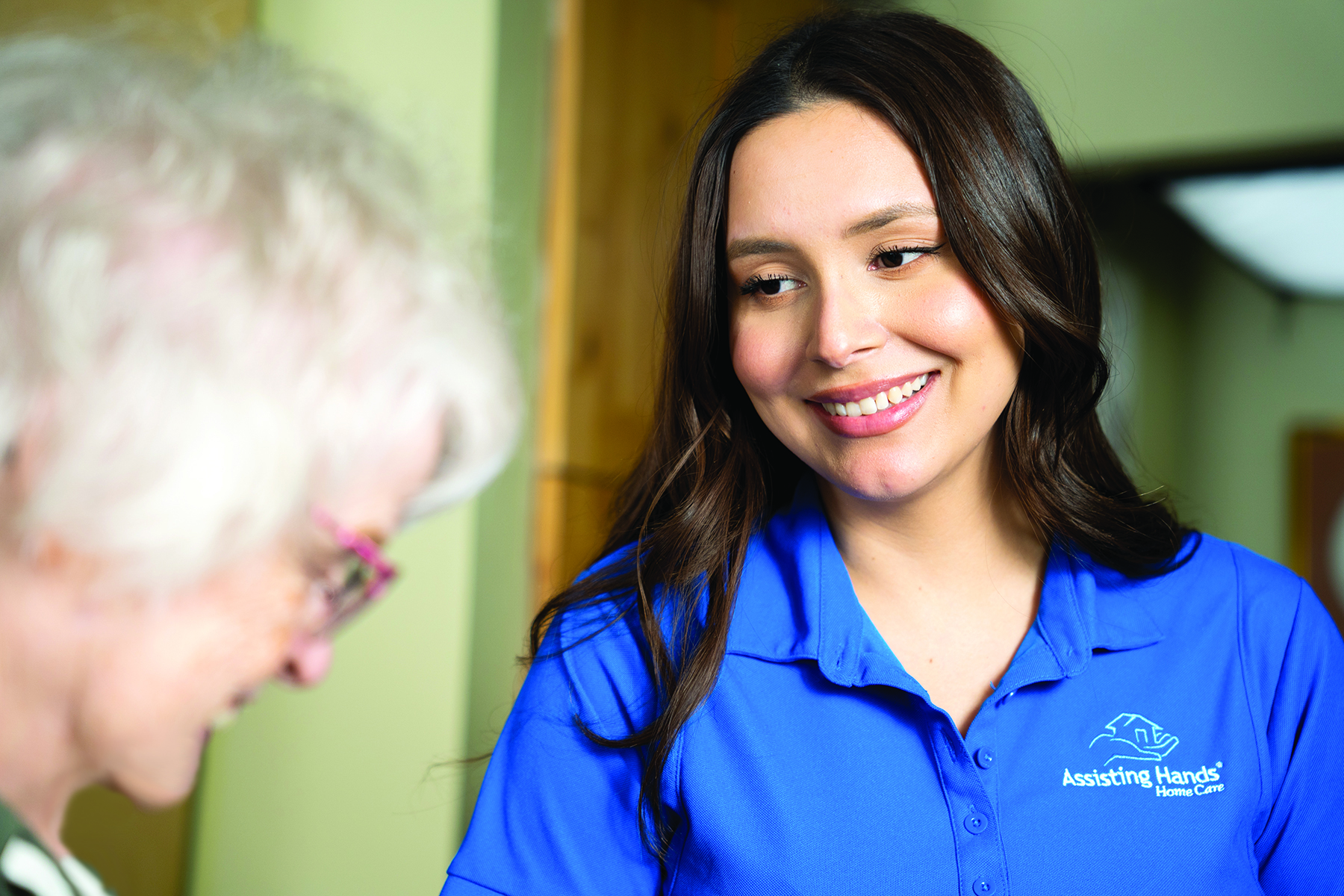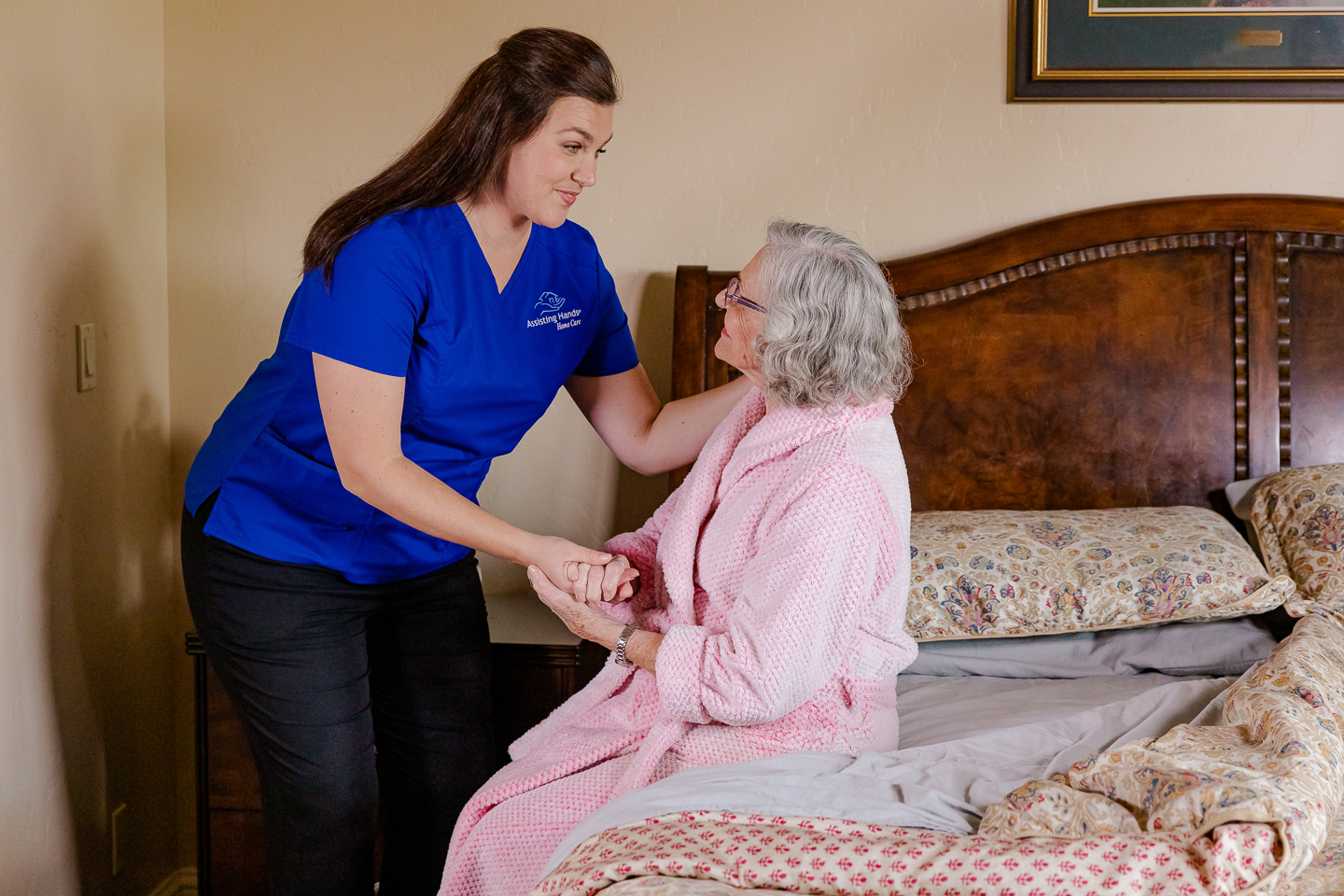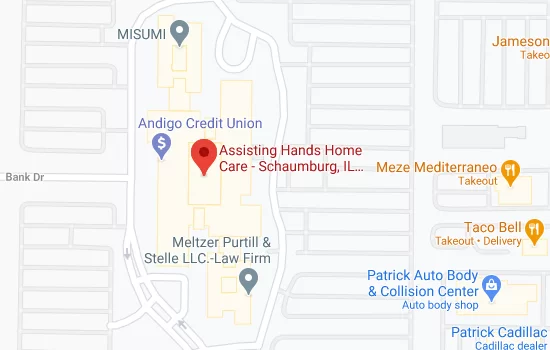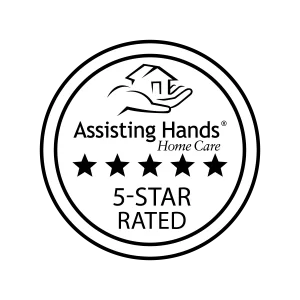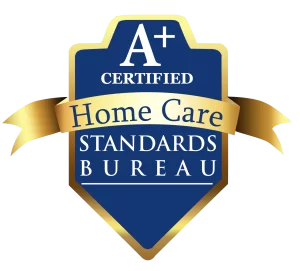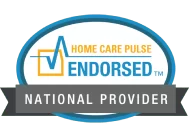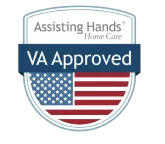In-home care services can drastically improve the quality of life for senior citizens and adults with disabilities by providing them with the care they need right in their own homes. While there are many positive aspects to these services, including helping seniors live a more independent life, these services can get pricey. It is not unusual for seniors and their families to spend thousands of dollars per year for home health care services between insurance premiums, co-pays, and other related expenses. Fortunately, it is possible to write off long-term senior care expenses, including in-home care, as a tax deduction.
Writing Off In-Home Care Taxes
The IRS does allow medical tax deductions for what it defines as medical expenses in Publication 502: Medical and Dental Expenses. In addition to IRS approved medical expenses, the individual receiving the care must meet the right criteria concerning income, relationships, and citizenship to write off long term senior care on their taxes. If the right criteria are met, the individual receiving care, and their caregiver, may be eligible for significant tax breaks. With the average cost of 40 hours of in-home senior care at around $4,000 per month, the medical tax deductions can really help reduce the financial burden of the families of those receiving elderly care.
This guide contains basic information about how you can write off the expenses of in-home senior care for you or a loved one. If you or a relative receive home health care from Assisting Hands Home Care in Schaumburg, IL, you may be eligible for the medical tax deduction under IRS rules. However, IRS rules are not always as clear as they seem so make sure you discuss your eligibility for these tax deductions with a professional such as a CPA.
Medical Expenses Defined by the IRS

According to the IRS Publication 502: Medical and Dental Expenses, medical expenses include “costs of diagnosis, cure, mitigation, treatment, or prevention of disease and the costs for treatments affecting any part or function of the body.” It further explains that these expenses may include insurance premiums, transportation costs to receive care, and “qualified long-term care services,” which includes in-home care.
What are qualified long-term care services?
Long-term care services are defined by the IRS as those that “are necessary diagnostic, preventative, therapeutic, curing, treating, mitigating, rehabilitative services, and maintenance and personal care services.” For long-term care to be tax deductible, the person receiving the care must be chronically ill as defined by the IRS, and the care plan must be prescribed and authorized by a licensed healthcare practitioner within the past 12 months. For an individual to be considered chronically ill, one of the following conditions must be met:
- The individual must be unable to do two activities of daily living, including eating, using the restroom, dressing, bathing, etc., without help from another individual because of a loss of functional capacity for at least 90 days.
- The individual needs constant supervision for their safety because of severe cognitive impairment.
Under these conditions set by the IRS, the senior care services provided by Assisting Hands Home Care are qualified long-term care services. Our home care services meet the IRS definition for long-term care and we are a licensed healthcare practitioner that can prescribe an effective care plan.
What Home Health Care Expenses can be Deducted?
Many expenses for home health care services, referred to by the IRS as nursing services, can be deducted. This includes expenses for in-home care services to treat the patient’s condition such as administering medication and changing dressings, and personal hygiene services such as bathing. It is not necessary for these services to be performed by a certified nurse to qualify. You may also include the expenses for food and extra rent or utilities to accommodate a live-in caregiver with your medical expenses.
For the most part, the IRS will only allow deductions for expenses on the nursing services described above which do not include personal or household services. This means that services such as housekeeping do not qualify. If a home caregiver provides household or personal services in addition to nursing care, the expense of the household services cannot be included in the deduction. For example, if you spend $400 per week for a caregiver and the caregiver spends 10 percent of their time doing housekeeping work, then you must subtract 10 percent of the expense ($400 x .10 = $40) and seek a tax deduction for the remaining amount ($360).
Maintenance and Personal Care Services
Expenses for household and personal care services can be included in medical tax deductions if the services meet IRS conditions for maintenance and personal care. The IRS defines these services as “care which has as its primary purpose the providing of a chronically ill individual with needed assistance with his or her disabilities (including protection from threats to health and safety due to severe cognitive impairment).” Individuals receiving Alzheimer’s or dementia care are among those that can deduct household and personal care services under these conditions.
How Much of the Expenses for Home Health Care can be Deducted?

In order to receive medical tax deductions, you must itemize these expenses on a Form 1040 Schedule A. The total medical expenses for the year must exceed 7.5% of the adjusted gross income (AGI) for patients over the age of 65, or 10% of the AGI for those under 65. For example, if the AGI of an individual over 65 receiving care is $55,000, then the medical expenses must exceed 7.5% which is $4,125. If the medical expenses for the year total $8,000, then subtract the 7.5%, in this case $4,125, and you are eligible to deduct the difference of $3,875.
If the cost of long-term care is covered by health insurance, the individual receiving care can deduct the cost of their insurance premiums. The insurance coverage must meet the requirements outlined in Publication 502: Medical and Dental Expenses to qualify for the deduction. There is a limited amount that can be deducted from insurance premium expenses and it is based on the age of the individual:
- People age 40 and under can deduct up to $410
- Those age 41 to 50 can deduct up to $770
- Those age 51 to 60 can deduct up to $1,530
- Those age 61 to 70 can deduct up to $4,090
- Those over age 71 can deduct up to $5,110
Claiming a Relative with Dementia or Alzheimer’s Disease as a Dependent
If you care for a relative that suffers from dementia or Alzheimer’s disease, the IRS allows you to claim them as a dependent for tax purposes. This will allow you to itemize and deduct out-of-pocket expenses for medical care that are not covered by insurance or cover them with your workplace flexible spending account (FSA).
The medical expenses that can be deducted for dependents with Alzheimer’s or dementia include the following:
- Expenses from doctor visits, labs, and home health care services.
- Prescription drugs
- Transportation to receive care and treatment
- Cost of home modifications to make the home safer
- Personal care items
If you pay a care agency like Assisting Hands Home Care in Schaumburg, IL to provide dementia or Alzheimer’s care for your loved one, you could be eligible to claim the “Child and Dependent Care Credit” on your federal income taxes. This credit can reimburse you for up to 35% of your expenses that qualify.
Medical Tax Deductions for Care from Assisting Hands Home Care
The home health care services that we provide at Assisting Hands Home Care meet the IRS requirements for long-term care services. Depending on the exact condition of the individual receiving care, these individuals and their families could qualify for more than just the basic medical tax deductions. While this guide does contain important information to help you determine if you or your relatives qualify for medical tax deductions, we still recommend that you discuss your eligibility with a CPA to know for sure.
Get a Free Consultation
Our certified caregivers will help you and your loved ones create an in-home care plan that effectively accommodates their needs.
If you or a loved one could benefit from home health care services in Schaumburg, IL or the surrounding northwest Chicago suburbs, contact Assisting Hands Home Care at (224) 258-0736.
For more information about medical tax deductions for long-term senior care, consult the IRS Publication 502: Medical and Dental Expenses.
Disclaimer: The information in this article is not intended to be used as tax advice. Please talk to a CPA or other trusted professional that can help you determine if you qualify for any of these tax deductions.

Daniela has master’s degree in electronic engineering with a pedagogical specialty and master’s degree in marketing management.
After completing her schooling, Daniela worked at a hospital for 6 years as the Director of Business Marketing Development and Public Relations.
Starting Assisting Hands Home Care
Daniela spent more than 14 years as the Assistant Vice President of a national bank before becoming a co-owner of Assisting Hands Home Care of Schaumburg.
Her background in public relations and marketing along with her personal experience caring for her mother motivates Daniela to be passionate about helping families in the Schaumburg, IL area find exceptional caregiving services for their elderly loved ones.
Besides providing home care, Daniela enjoys giving back to the community in her free time, supporting various events at St. Peter Parish in Geneva, IL such as fundraising, school projects, charity events, and more. She also enjoys volunteering for the Humanitarian Service Project in Carol Stream, IL. This organization provides seniors with meals as well as food and supplies for children living in poverty.


